Entrepreneur Tales: Beehive hostel
We’re all travellers sometimes, and when we do hit the road, we take our values with us.
I recently stayed in Sucre, Bolivia’s former capital now university town has a colonial charm that draws in tourists in for Spanish lessons and a chance to escape the hustle bustle of other Bolivian cities such as La Paz. Following many recommendations from fellow travellers I decided to spend a few days here to see a different side of Bolivia and brush up on my Spanish. I opted to book into the Beehive Hostel due to the great reviews. Upon arrival, I discovered that I had stumbled upon a social enterprise hostel.
Beehive Hostel is the brainchild of Thai American Amanda who enlisted the help of Sucre native and now business partner Susi. Having grown up in Bolivia, Susi is intimately aware of the limitations placed upon women in the traditional patriarchal society. These limitations are further amplified for those that are born to impoverished or socially disadvantaged families. Susi, a business school graduate, paid her way through university by teaching at a language school in Sucre. There she met Amanda, an international development major, who was studying and working in Bolivia at the time and was keen to use her studies to make positive change in her adopted country.
So you may be wondering how did these passionate people create a successful social enterprise? “It was never supposed to be a business” Susi tells me. The cofounders had hoped to start a foundation. But, as Amanda was a foreigner, that avenue was blocked to them due to national policies prohibiting foreigners from starting foundations. After rethinking the problem they realised that they could in fact open a business, where the profits could be used to fund programs to help empower disadvantaged Bolivians.
The next question became what business could they start to fund their passion projects? Sucre is renowned as one of the best places to learn Spanish in South America. Language classes start from 25 Bolivianos (AU$5) per hour for a university grade professor. Therefore, it’s no wonder travellers set up camp here for weeks or months at a time to pick up the language. So the entrepreneuring pair decided to make the most of this opportunity.
Both Amanda and Susi have a passion for exploring the world and sharing cultural experiences, establishing a hostel to fund their projects not only tapped into a their own interests but created a place where people could come to stay and learn Spanish whilst meeting fellow travellers and enjoying the city. When they set up the business 4 years ago, there was a definitely enough demand for a place that could provide comfortable accommodation with the option of safe learning environment. And so, Beehive Hostel was born.
The duo work well together. Susi initially worked to ‘help a friend out’ for 3 months, and ended up putting in sweat equity to help set up the hostel and develop the culture. She became a cofounder, is now business manger, and has helped Beehive become the popular resting place for many of Sucre’s tourists. During this time she and the team have developed Beehive into a successful business that lulls travellers into extending their stay, and the hostel with the highest rating in the city.
What makes Beehive an interesting place is that many travellers have no idea when they first arrive about the projects that the hostel was created to facilitate. It is simply a good hostel that provides excellent service, clean warm beds, hot showers and delicious healthy breakfasts. The sense of community here is strong and many residents inevitably end up learning about the programs and then wanting to volunteer in some way through exposure to programs.
The programs facilitated by Beehive hostel proceeds include providing a space where young leaders from impoverished background can come to learn English, be challenged and interact with other young leaders in similar circumstances to themselves. Education in Bolivia particularly in subjects such as foreign languages can be expensive so this program provides the children with opportunities that they wouldn’t otherwise have. On alternate years the programs are focused on empowering young single mothers who have been disengaged from the broader society.
For the local program participants, interacting with travellers is a rare opportunity as Bolivia has a very insular patriarchal society. Travel is not common for Bolivians and women are still encouraged to work in traditional roles in preparation for marriage and child rearing. Subsequently, few Bolivians who are not employed directly in the tourism industry have few chances to interact with foreigners or learn about other cultures.
The impact from Beehive’s programs is far more than just learning a foreign language. It allows for a culture exchange and for participants to learn about different perspectives and challenge their thinking.
From humble beginnings, Beehive is now a thriving hub for tourists seeking to learn Spanish and most importantly provides educational opportunities for disadvantaged locals every year. Susi explains that the hostel business has actually proved to not only be an interesting business venture for her to manage but also provides secure funding for the projects. Susi and Amanda are keen to replicate the social enterprise hostel in other locations.
This enterprise tale is a perfect example of how people looking to create change have come up against barriers, and were able to think differently and persevere to overcome them.











